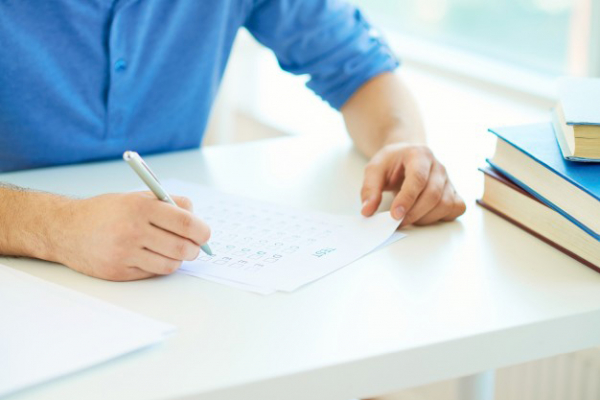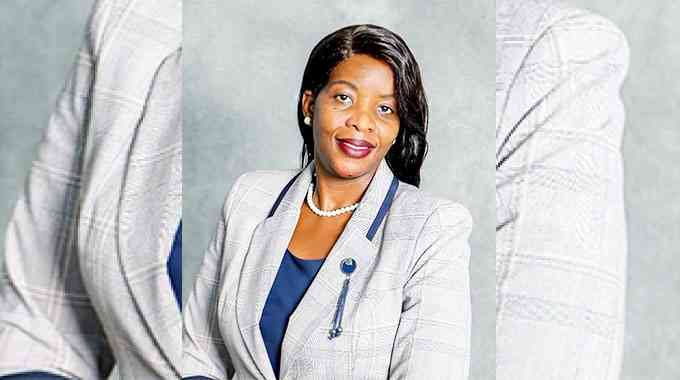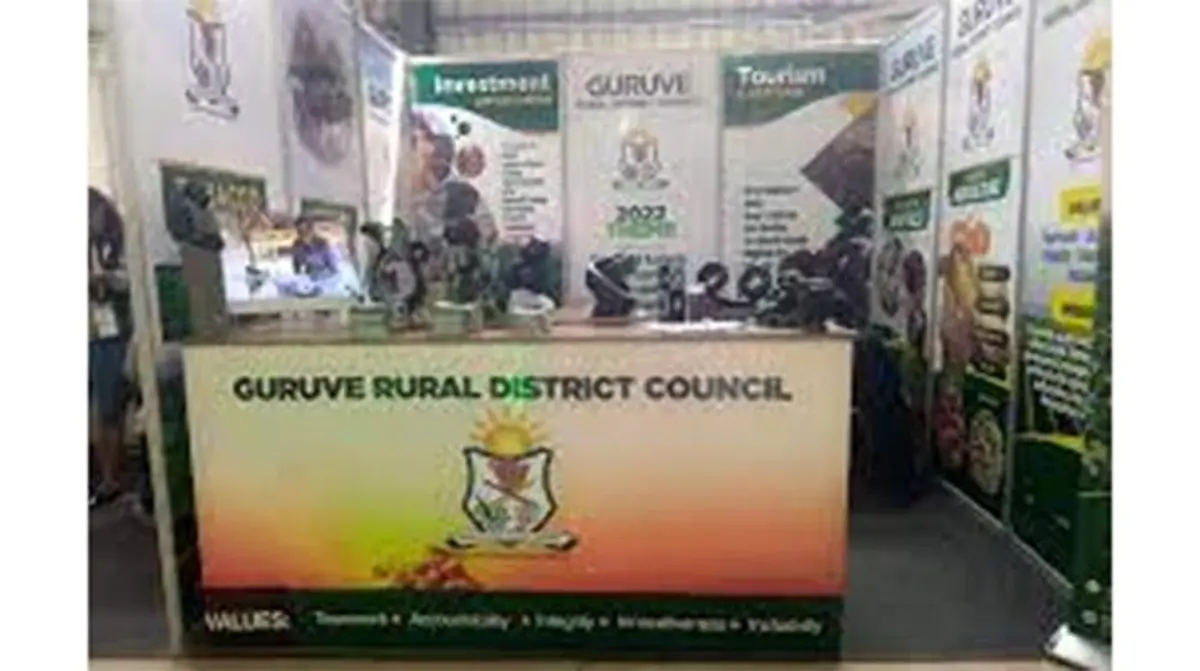
Eat a healthy breakfast. If music gets you going, go ahead and play something upbeat. Get a bit of physical exercise, even if it’s a brief stretch or brisk walk.
If you’re feeling nervous, record your fears on paper or use mental imagery to envision doing something that you enjoy and then apply those feelings towards the exam. Think of preparing like an athlete before a contest or a musician before a performance.
When you first receive the exam, glance over the entire test before you start. Create a plan of attack. Write down any key terms or formulas that you’ll need before starting. Think about how you’ll use the time allotted.
Read the directions carefully
If something doesn’t make sense to you, ask the professor. Remember that many questions at the college level have multiple queries or prompts.
Write out a brief outline before beginning essay questions.
Use the process of elimination on multiple-choice and matching questions.
Also, for multiple choice questions, you may wish to cover the options first and try to answer the question on your own. That way, you’ll find the answer options less confusing.
- Chamisa under fire over US$120K donation
- Mavhunga puts DeMbare into Chibuku quarterfinals
- Pension funds bet on Cabora Bassa oilfields
- Councils defy govt fire tender directive
Keep Reading
As you prepare for multiple choice exams, make sure to be aware of context, relationships and positionality among concepts, and multiple definitions of terms. A deep understanding of vocabulary is a key to success on multiple-choice exams.
Leave the most time-consuming problems for the end, especially those with low point values.
Focus on the question at hand. If you complete the test one step at a time, you are much less likely to find it to be overwhelming.
If you are stuck on a question, bypass it. Mark the question off, so you can return to it at the end of the exam. Show as much work as possible. This is particularly important for math exams. Make sure that you’re answering each part of the question.
If you have time at the end of the exam, go back and proofread your work and look over multiple-choice questions again.
Check to see that you have answered every question before you turn in the exam. But remember, your first answer is usually your best answer. Be extremely cautious about changing answers later on.
Some people benefit from conducting a memory dump when they first receive a test.
That is, they jot down a comprehensive list of concepts, formulas, vocabulary, and details at the beginning and revisit these ideas as they’re progressing through the test.
See if there is a way to draw a picture or otherwise create a visual description of the question you are trying to answer.
Strive to include course terms and concepts in written responses (correctly, of course).
Post-game: Reviewing your performance If there was a part of the exam on which you struggled, go see your professor. This is likely not the last time you’ll see the concept covered.
Hold onto your notebooks. You never know when the information you’ve learned will be useful in another situation. The same rule goes for many of your books.
Take a moment to review your test preparation strategies. Take account of what worked and what needs improvement.
In particular, take a moment to gauge whether your study group was helpful. If you feel like your test-preparation strategies need work, go see your teacher or tutor.
Reward yourself. If you’ve studied conscientiously for a week or more, you should take a bit of time to relax before getting started with your studies again.











